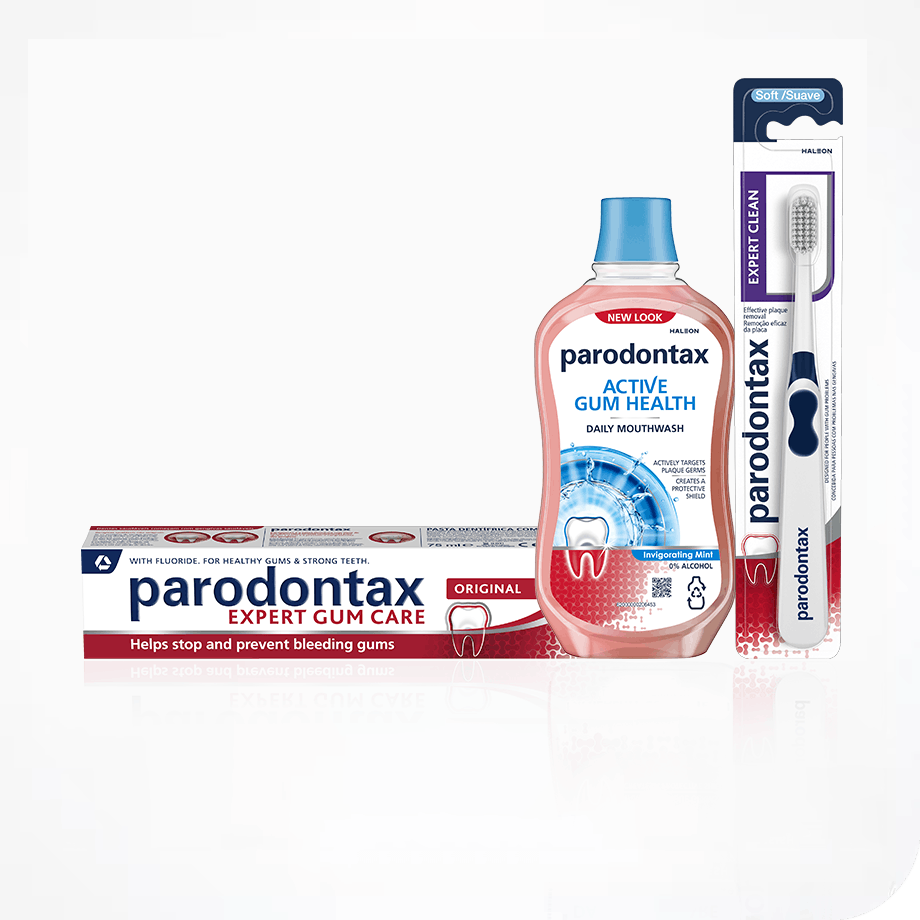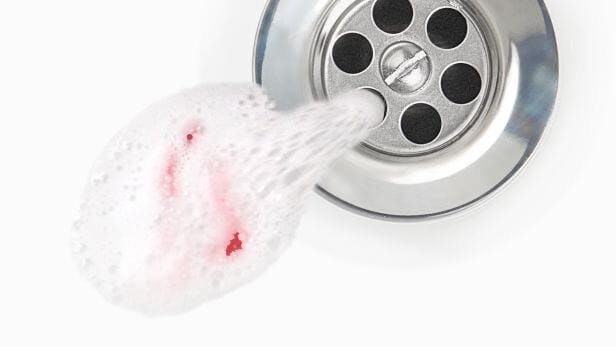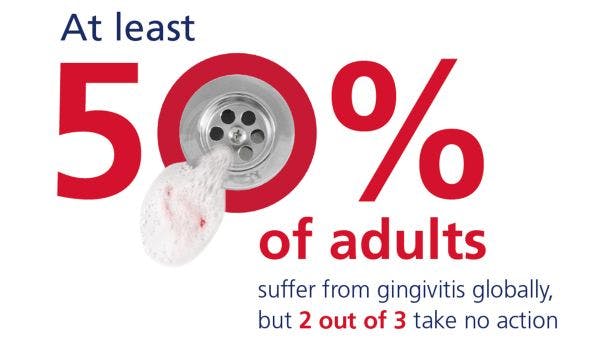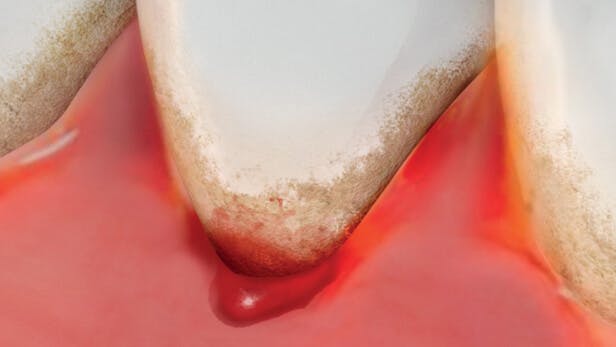Simple Tips to Help Tackle Halitosis
Bad breath, or halitosis, to give it its proper medical name, is an unpleasant condition that can make you feel self-conscious when you're around other people. Fortunately, there are simple ways to tackle this embarrassing problem, but finding the right way to ease your halitosis will depend on what's causing your breath to smell bad.
CAUSES OF HALITOSIS
While there are many causes of halitosis, one of the most common is the build-up of plaque bacteria in between and around your teeth. This is because as this bacteria breaks down tiny pieces of food in your mouth, it can release a gas with an unpleasant odour. This plaque bacteria can also help to cause tooth decay and gum disease.
HOW TO GET RID OF HALITOSIS
The best way to tackle bad breath caused by plaque bacteria is to adopt a good oral health routine:
- The start of any good routine is twice daily brushing with a fluoride toothpaste. Choose parodontax Expert Gum Care toothpaste for its low abrasion formula containing sodium bicarbonate, which physically removes the build up of plaque bacteria along the gumline. Use it every day to help keep your mouth clean and fresh.
- Gently brush your tongue too to remove any bacteria trapped on the surface.
- Use floss to remove plaque and trapped food particles from difficult to reach areas between teeth.
- Visit your dentist regularly to check on gum and tooth health and for professional cleaning to remove any stubborn deposits of plaque.
MORE TIPS TO HELP TACKLE BAD BREATH
Some other ways that you can help keep your breath fresh include:
- Avoiding strong smelling foods like spices, garlic and onions and drinks such as coffee and alcohol that can temporarily make breath smell.
- Stop smoking. Smoking and chewing tobacco makes breath smell bad and can stain teeth, so quit for fresher breath and whiter teeth.
- Drink plenty of water to stay hydrated and help to flush away the bacteria and dead skin cells in the mouth that can cause bad breath.
Halitosis can also be caused by some medical conditions, for example gastrointestinal, throat or chest infections. If this is the case then you need to seek advice from a doctor to help treat it.










